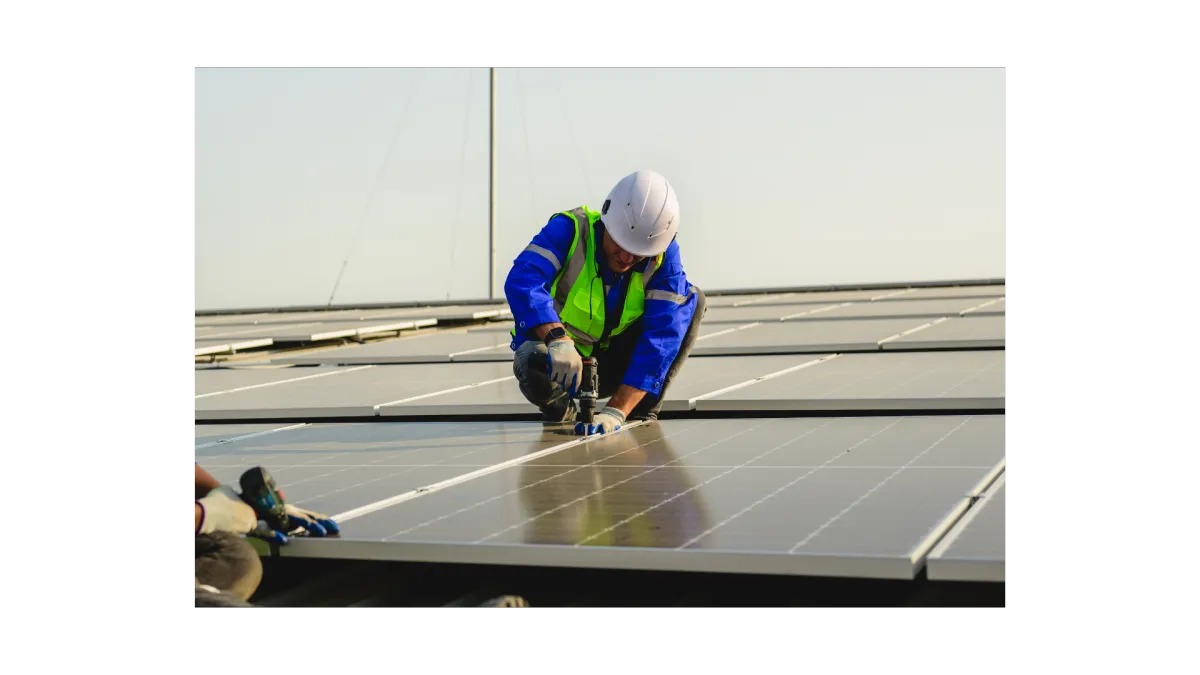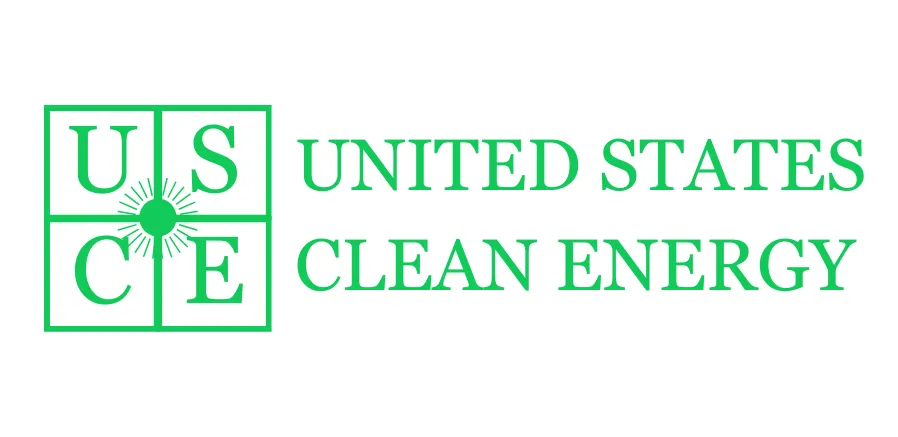SOLAR GUIDE

Solar panels used to be seen as something only a few could afford, but now they're accessible to most homeowners. They offer significant benefits such as reducing electricity costs, promoting environmental sustainability, and enabling full electrification of your home.
Investing in solar panels is like securing your home's future. It not only increases property value but also cuts down on electric bills. However, given the substantial initial investment, careful consideration is necessary to ensure it's a worthwhile decision.
To determine if solar panels are right for you, consider factors like the condition of your roof, current electricity expenses, and eligibility for discounts or incentives.
Find out solar panels cost in your area
WHAT DOES IT MEAN TO GO SOLAR?
Going solar means replacing some or all of your electric consumption needs with solar panels. You can install solar panels on your roof, or in some occasions, on your land with ground-mounted solar panels.
WHY GO SOLAR?
1. Reduced Electric Costs
If your home is a good fit for solar, there's a good chance that, if you install solar panels, the energy the panels will produce, will be cheaper than what you're currently paying through your electric company.
Example Comparison:
Utility Rate: 17¢ per kWh + Taxes and Fees
Solar Rate: 13¢ per kWh
*Solar prices vary. Depending on the amount of sun your home gets, the price you see above could be cheaper or more expensive. The more sun your home gets, usually, the cheaper the solar rate is.*
What's nice about solar is that it's an apples to apples comparison of a bill you're already paying. Solar does not add an extra bill, it's replacing one. And if your home is a good fit for a solar, it's a change that will lower your home's budget for electric costs every month. Solar should put money back in your pocket, not take it away.
2. Rising Electric Costs
In the United States, the cost of electricity has gone from an average of 12.62¢ per kWh, at the start of 2021, to 16.29¢ per kWh, at the end of 2023. In 2022, an average American household used 10,791 kWh every year, making the average yearly cost of electric for Americans $1,757 per year. That means that, in 25 years, most of us will have spent $71,923.00 on electric costs, assuming a 4% inflation every year(P.S. it's been way more than that the past few years. Just comparing the figures given above, there was almost a 30% increase on electric rates between 2021 and 2023.
3. Protection From Inflation
By installing solar panels for your home, you can take control of your future. Solar allows you to lock in your electric rate for as long as you have the solar panels. Depending on if you own or lease the panels, solar will allow you lock in your rate completely, or for up to 2.99% increase every year. If we take the same figures above as an example, here's what we get:
Current Year:
Utility Rate: 17¢ per kWh + Taxes and Fees
Solar Rate: 13¢ per kWh
15 Years Down The Road:
Utility Rate: 29.8¢ per kWh + Taxes and Fees(4% Inflation)
Solar Rate: 13¢ per kWh(0% Escalator)
Solar Rate: 19.6¢ per kWh(2.99% Escalator)
What's available for solar programs depends on your area
4. Increased Home Value
Based on multiple studies, installing solar on your house can increase your home value by 4% or more.
IS SOLAR FOR YOU?
Installing solar panels is a usually a great investment for homeowners but it does not make sense for everyone. If you meet the following criteria below, solar may be the right fit for your home. It doesn't need to be the perfect situation. With the right plan and design, solar can make sense in many situations.
You must own your property
If you rent your house, you do not have the authority to put solar panels on the roof. You must check in with your landlord/property owner to allow you to put solar panels.
You pay a lot for electricity
Usually, the higher your electric costs are, the higher the savings
Your roof can accommodate an ideal solar design
The most ideal situation for a solar install would be a spacious south facing roof, without a lot of obstructions(vents, pipes, etc), with a pitch between 20 - 45 degrees. East and west facing roof can still work for solar installs, especially with today's electric prices. Just keep in mind that it will be less production compared to a south facing roof.
Your state or utility must offer a Net Metering or Solar Buyback Program
The Net Metering/Solar Buyback Program is a must for most folks that have installed solar. This program allows you to bank energy with your utility company, allowing energy produced by your panels to be saved for a later time. Without this program, it could still be possible to install solar. You just have to consider either getting a battery installed, which will eat into your savings, or installing a partial offset system(A system that doesn't cover your full electric needs. For example you could have 60% of your power supplied by your solar and 40% from your utility).
Call 844-699-5919
Email:info@theusce.com
Site: www.theusce.com
